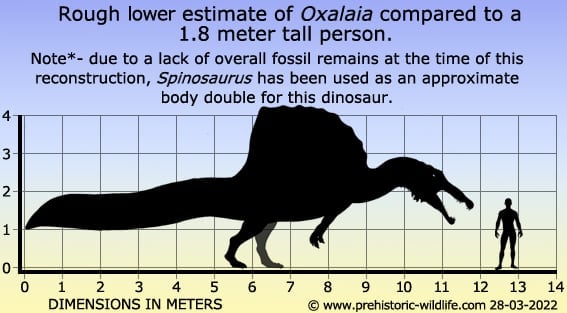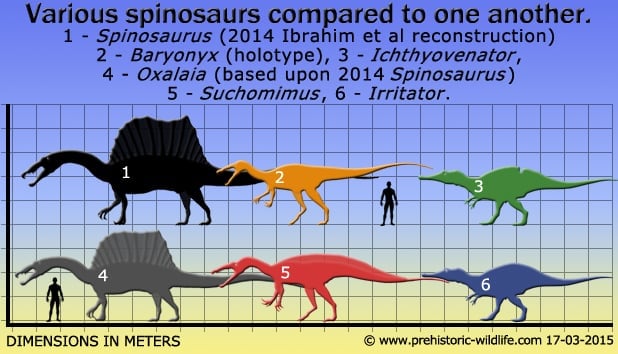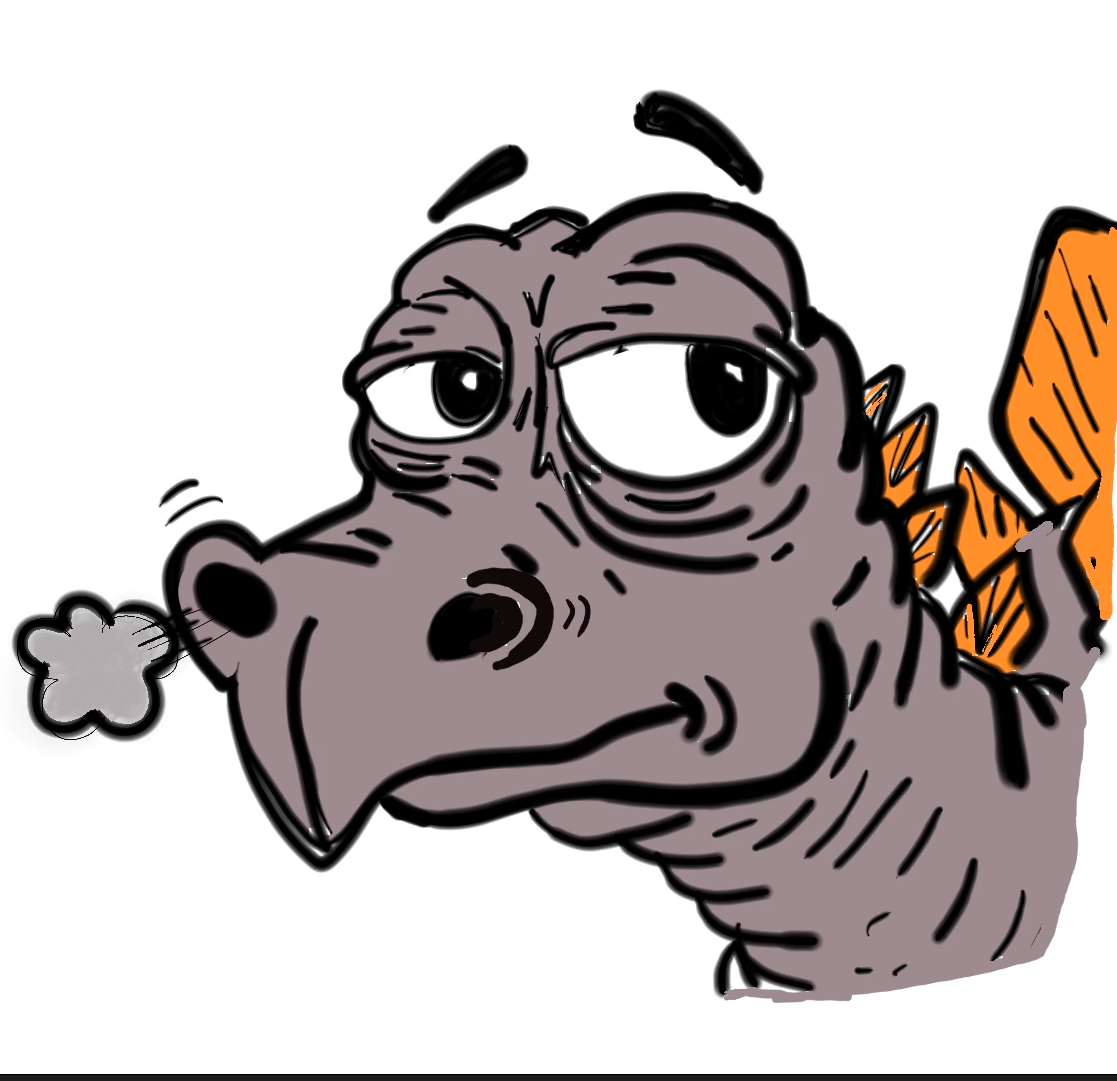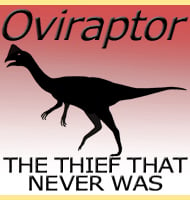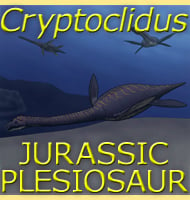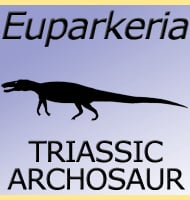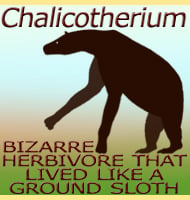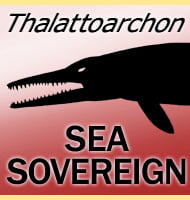In Depth
Although only currently known from partial snout remains, it is still enough material to declare Oxalaia a spinosaurid due to the unique nature of the snout. Spinosaurid teeth were also known from the fossil site before the current material was discovered, and may have belonged to Oxalaia in life. With its total length estimated between twelve and fourteen metres, Oxalaia was smaller than Spinosaurus, yet larger than Baryonx and probably also Suchomimus. Also if the larger estimate of fourteen metres ever proves correct then Oxalaia may have been the one of the longest South American theropod dinosaurs, being just a bit bigger than the lowest estimate of Giganotosaurus.
The species name O. quilombensis is in reference to the quilombo settlements on Cajual Island that were originally built by escaped slaves. Along with Irritator, the discovery of Oxalaia is further proof that Africa and South America were once joined during the Mesozoic, something that allowed the spinosaurids to spread over the two continents.
Further Reading
– A new dinosaur (Theropoda, Spinosauridae) from the Cretaceous (Cenomanian) Alc�ntara Formation, Cajual Island, Brazil. – Anais da Academia Brasileira de Ci�ncias 83(1):99-108. – A. W. A. Kellner, S. A. K. Azevedo, E. B. Machado, L. B. Carvalho & D. D. R. Henriques – 2011.
